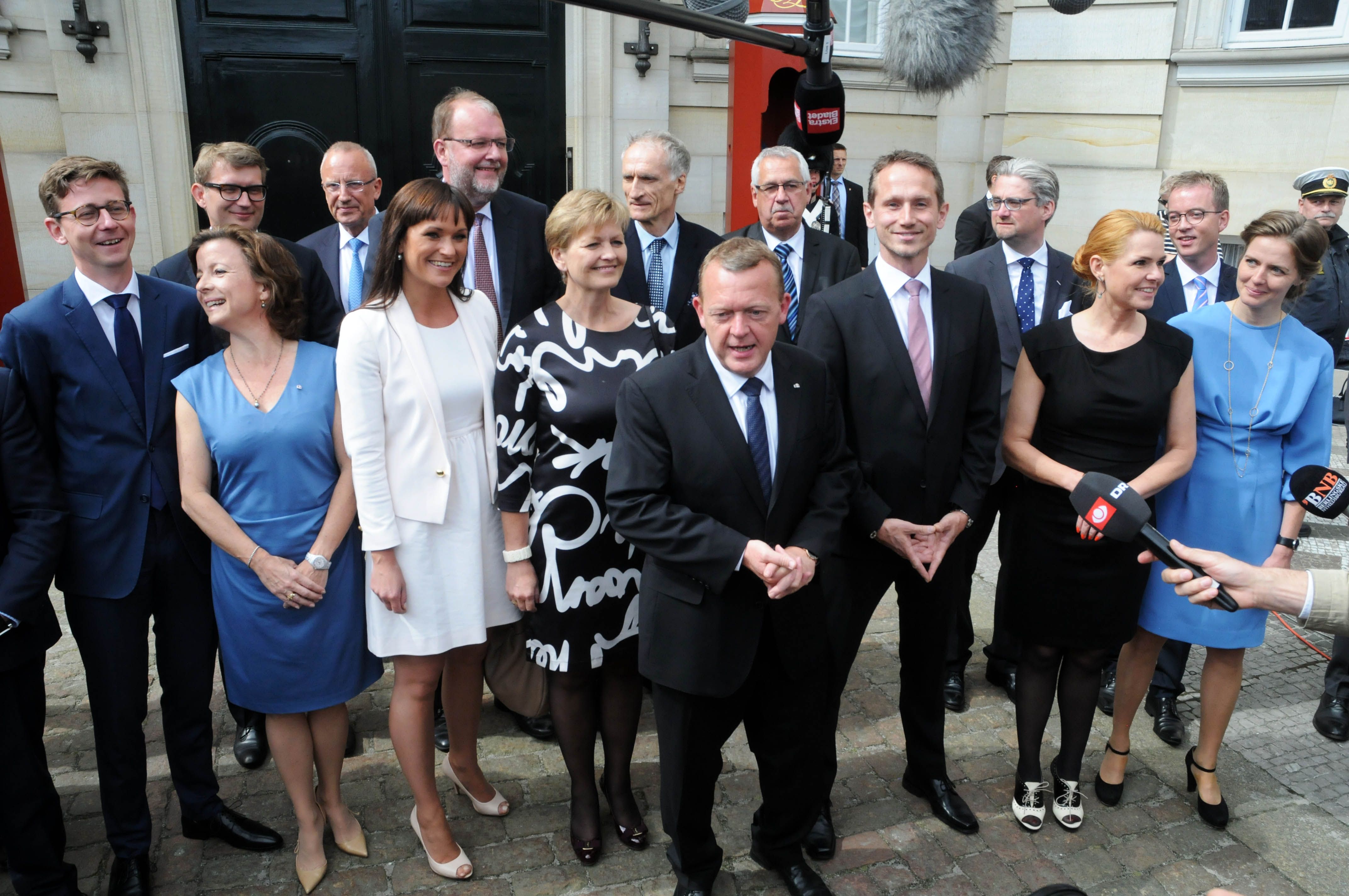After more than a week of futile negotiations with Dansk Folkeparti and the rest of the blue bloc parties, the incoming prime minister, Lars Løkke Rasmussen, has finally revealed Denmark’s new minority government.
Out of Rasmussen’s 17-strong government – three fewer than the former government led by Helle Thorning-Schmidt – seven are first-time ministers, five are women and the average age of the group is 50, ranging from 31-70.
“At 10:00 I’ll be off to the queen to propose the new government. The government is a minority government that welcomes a broad co-operation in Parliament,” Rasmussen wrote on his Facebook page.
“We are ready to get to work, and while it will be hard and laborious, we are ready to get going with the motto ‘Together for the future!’.”
READ MORE: Dansk Folkeparti: the election’s biggest winner
A few familiar faces
Aside from Rasmussen assuming the reins as PM, Venstre’s deputy head Kristian Jensen was named foreign minister, while Claus Hjort Frederiksen returns to the finance minister position he held from 2009-2011.
Other ministerial positions included Søren Pind being named justice minister, Inger Støjberg named immigration, integration and housing minister, while the legendary Bertel Haarder, the founder of Folkemødet, has been named culture and church minister.















